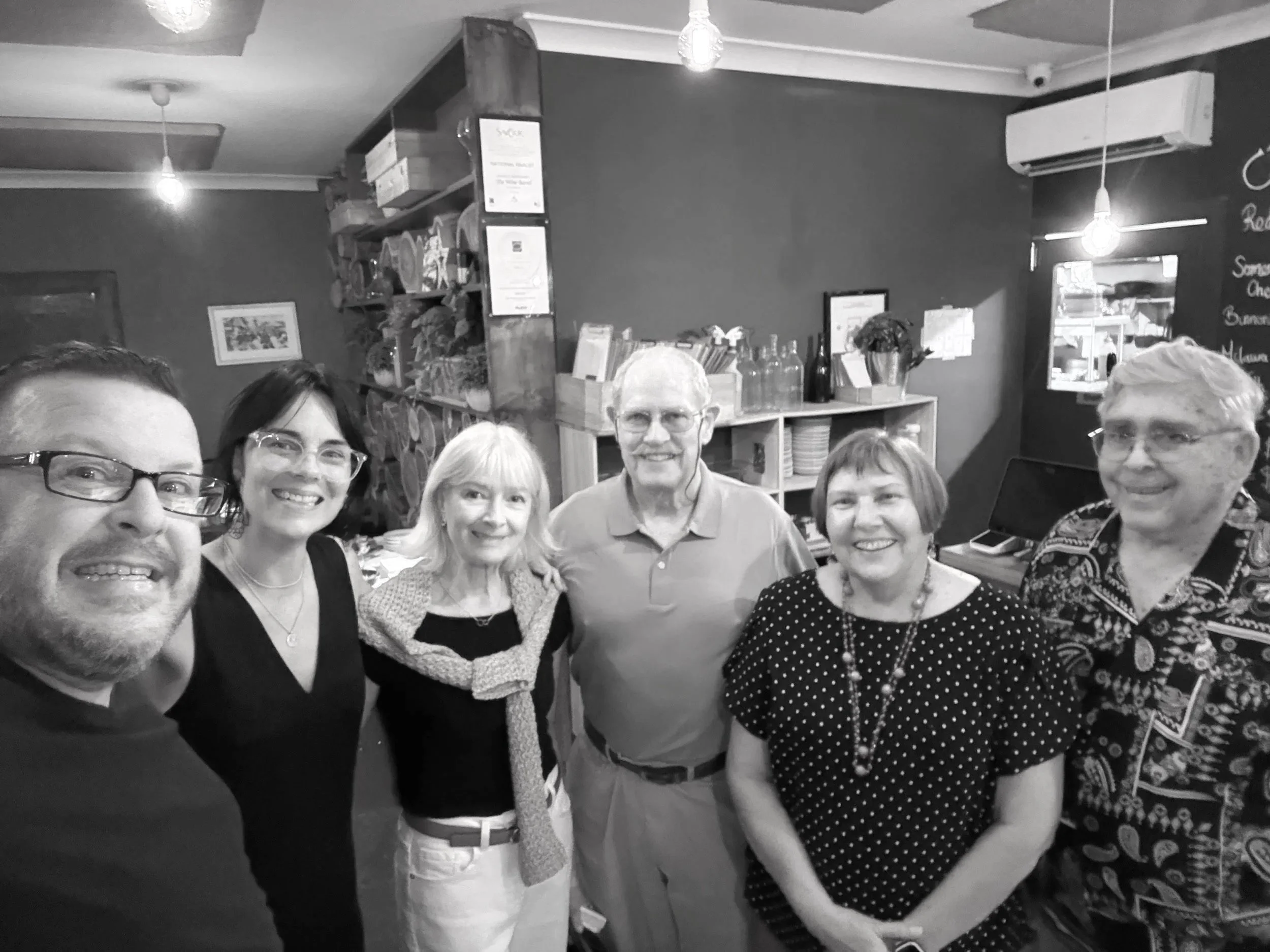Community Training
Practical tools. Safer workplaces. Stronger communities.
Sport4Good Program
-
Sport4Good is a tailored program designed in collaboration with Bond University for sporting clubs and associations that want to build safer, more respectful, and inclusive environments on and off the field. Delivered over a series of interactive workshops across a season (typically 6–12 months or as a one off), the program engages athletes, coaches, volunteers, and administrators to understand the links between gender equality, respect, and violence prevention. It provides practical bystander tools, reflection opportunities, and culture-building strategies, equipping clubs to champion positive change and become leaders in their communities.
-
A practical, interactive workshop that gives participants real tools and scripts for safe bystander action, alongside strategies to build cultures of respect and inclusion on and off the field, courts and pool.
-
Because cultural safety on and off the field is just as important as physical safety, clubs that ignore disrespect, exclusion, or harassment risk losing players, damaging reputation, and weakening team performance. Sport4Good empowers athletes, coaches, and volunteers with the knowledge and confidence to step up as bystanders, creating sporting environments where respect, belonging, and wellbeing can thrive.
-
Through interactive, co-delivered workshops, relatable sporting scenarios, and ongoing resources, Sport4Good empowers players, coaches, and club leaders to step up, speak out, and build teams and clubs that are safe, inclusive, and future-ready.
-
The Sport4Good program is designed with flexibility to suit the needs of each club, offering delivery options ranging from two to four hours.
Two-hour workshop: A focused introduction to personal leadership and the bystander framework, with a strong call to action for players and coaches.
Three-hour workshop: Builds on the core content by exploring respect, diversity, equity, and inclusion in a sporting context, alongside practical bystander strategies.
Four-hour workshop: A comprehensive session that connects respect and equality with the broader culture of sport, including the practical application of the bystander framework to real club scenarios.
Workshops can also be broken down to suit your schedule — for example, as 4 x 15-minute sessions over two hours(like we do at Bond University) or even as 30-minute weekly sessions across a season. We work with what works for you.
Each format concludes with a call to action, ensuring participants leave with clarity and confidence about how they can contribute to a safer, more respectful, and inclusive sporting culture.
Local Council Community Program
-
In partnership with Division 9 (and now others) of the local council, the Be There Group delivers a tailored program that brings community members together to strengthen safety, respect, and connection. Through practical bystander tools, real-life scenarios, and inclusive conversations, the program empowers people of all ages to step up for one another and create a culture where everyone feels valued and supported. By working locally, we’re helping Division 9 build a community that leads by example and ends domestic violence in one generation.
-
The Local Council program provides a targeted learning experience for community members, volunteers, and local leaders who play an important role in shaping the culture of their neighbourhoods. Participants explore the impact of attitudes, everyday behaviours, and decision-making on the sense of safety and belonging within the community. They are equipped with practical frameworks and tools to recognise, prevent, and respond to harmful behaviours such as bullying, harassment, and discrimination, while also strengthening their confidence, empathy, and ability to foster respect and inclusivity across Division 9 and beyond.
-
Community leaders set the tone. What they walk past, they accept and their influence directly shapes whether a neighbourhood feels safe, respectful, and connected. Many local leaders and volunteers, however, have not been given the skills they need to manage challenging situations or address harmful behaviours. The Division 9 project helps bridge that gap by equipping participants with the tools to recognise and respond to issues such as bullying, harassment, and exclusion. At its core, the program empowers everyday leaders to be catalysts for positive cultural change, building stronger, safer communities.
-
The program is delivered as an interactive and conversational workshop, grounded in both evidence and lived experience. Using practical scenarios, case studies and scripts relevant to participants’ industries, the training provides leaders with skills they can immediately apply in real-world situations. A trauma-informed co-facilitation model ensures that every participant feels safe and included in the learning process. The workshops also provide time for reflection and group dialogue, giving leaders the space to think critically about their own practices. Each program includes post-training resources and evaluation to ensure the learning translates into long-term impact.
-
The Local Council program is most commonly delivered as a half-day workshop of four hours, giving community members a strong foundation of knowledge and practical tools. For groups wanting to go deeper, a full-day format is also available, with extended time for role-plays, reflection, and guided practice. The program is flexible and can be customised to meet the unique needs of different community groups, ages, and local challenges across Division 9 and beyond.
What people are saying
“I thought that training was fantastic. I thought that the way that the tone for the room was set. It was quite incredible actually, the way that the facilitators were able to sort of just create and then maintain a sense of safety where everybody could just have that vulnerability in that space.”
— Division 9 Community Member, Gold Coast City Council



